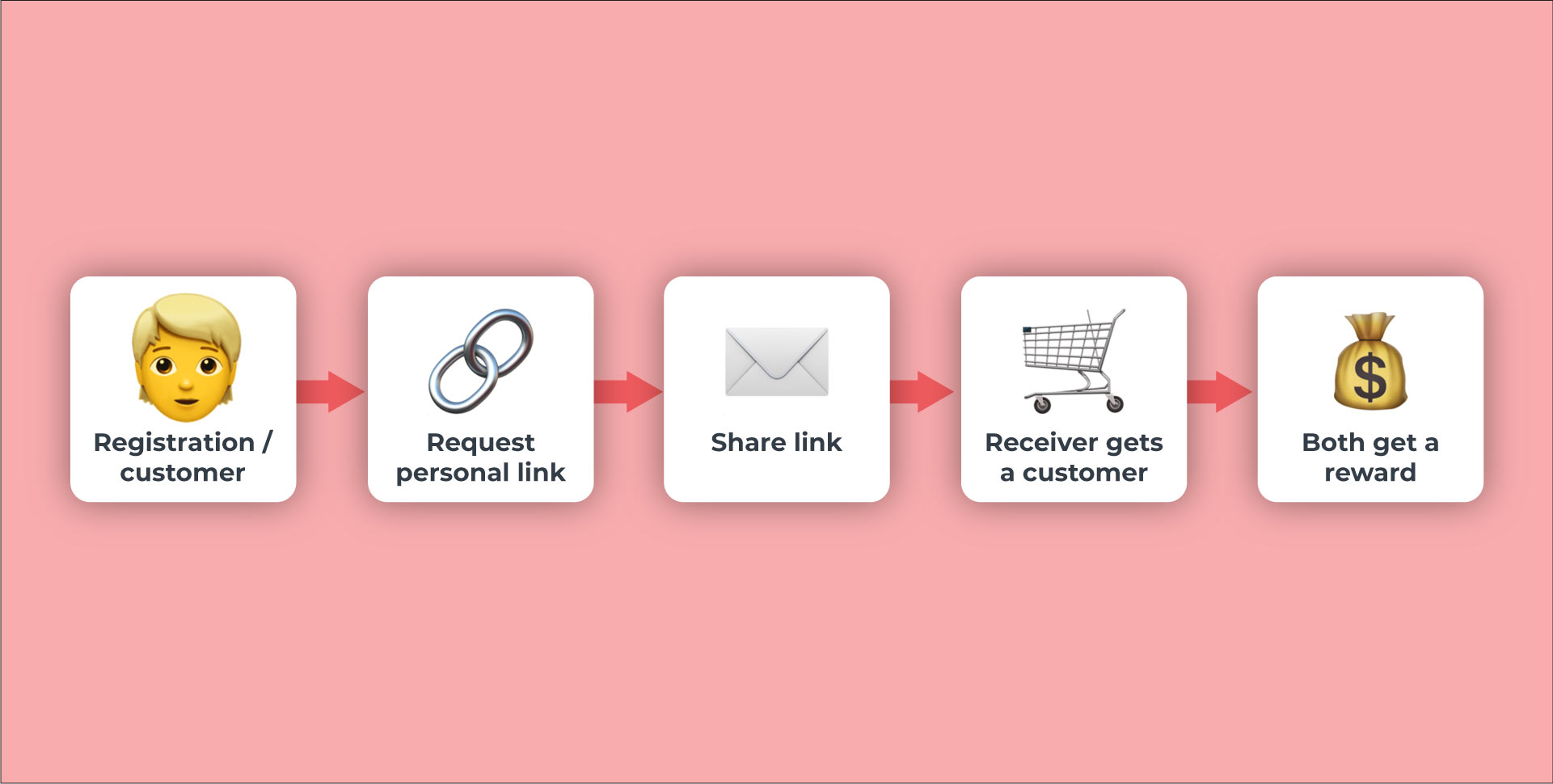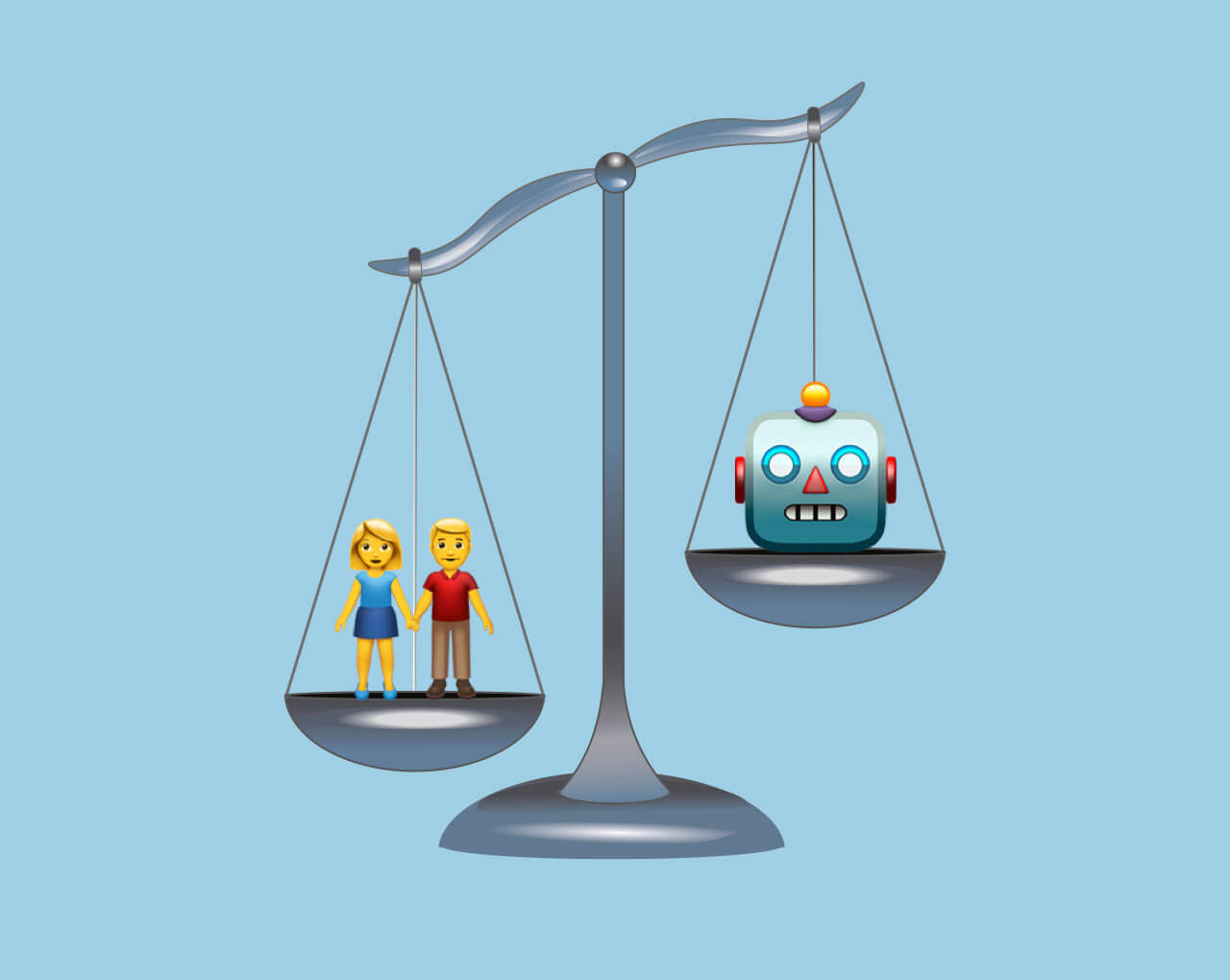You’ve probably come across the following message during one of your online shopping trips: ‘If you recommend us to your friend, you can both benefit from a discount’. But what is actually behind this type of message, what does it have to do with the well-known Referral Marketing and what impact does it have on the credibility of your recommendation?
What does Referral Marketing mean?
Referral Marketing can be described quite simply as follows:
Referral Marketing is a strategic approach in which companies encourage their customers to recommend products or services to friends, acquaintances and family. This can be done via various channels, both online and offline. However, the focus here is on certain incentives that reward the person making the recommendation and, in some cases, the recipient of the recommendation for recommendations made. Referral Marketing is based on the idea that satisfied customers are often the best ambassadors and can expand a company’s customer base through their personal recommendations.
Examples of such incentives can be discounts, vouchers, exclusive offers, cashback programs and other rewards. In most cases, a registration process is required in which customers send personalized links to their contacts.
Affiliate-Marketing & Influencer Marketing
There are also similar forms that use the same principle as Referral Marketing. In Affiliate Marketing, individuals commissioned by the company advertise products or services and receive commissions on successful sales.
Another example is Influencer Marketing, in which companies commission influencers to persuade their followers to make a purchase by passing on discount codes or simply presenting products. In return, influencers receive a certain amount of money, free products or a commission on sales.
The Credibility Factor in Referral Marketing
Despite the undeniable effectiveness of Referral Marketing, there are also challenges associated with it.
It is often perceived as less credible and inauthentic, as recommendations are made on the basis of incentives rather than intrinsic conviction. This approach can be seen as a form of bribery and there is therefore a risk that the recommendation made will be seen as dishonest and inauthentic.
In addition, the recommendation does not necessarily have to be relevant for the recipient. It is therefore quite possible that recommendations are made arbitrarily just to receive the promised reward and are not sent to potentially interested new customers. This means that the chance of purchase recommendations being addressed to the relevant target group is lower in Referral Marketing.
Intrinsic Motivation vs. Referral Marketing
It is important to differentiate intrinsically motivated recommendations from Referral Marketing. While intrinsically motivated referrals are based on genuine beliefs, Referral Marketing involves a transactional element where people are incentivized to make referrals. Although Referral Marketing initially requires minimal investment, it can become very costly over time. Initially low costs can even escalate into significant budget burdens due to the need for attractive incentives, commissions and management of the referral program.
“While incentivized recommendations can stimulate word-of-mouth, they may not achieve the same effectiveness as organic word-of-mouth marketing if the paid nature of the activity is known to potential new customers.“
Trusov et al.
Intrinsically motivated recommendations, on the other hand, arise without incentives and from the personal motivation of the consumer. They are therefore significantly cheaper and more targeted, as customers consider in advance who could actually benefit from the recommendation. This leads to significantly more valuable leads compared to randomly incentivized recommendations.
Long story short
Referral Marketing harnesses consumers by sharing incentives to increase brand awareness and attract new customers. However, this approach requires overcoming challenges such as lack of credibility, rising costs and increasing complexity.
The art lies in generating intrinsic recommendations. They are more authentic, generate higher quality leads and save costs. But this is easier said than done. Most companies optimize their products or services and hope for recommendations. Therefore, they often rely on paid options such as Referral Marketing. Fortunately, there are now tools that enable the strategic use of word-of-mouth.





